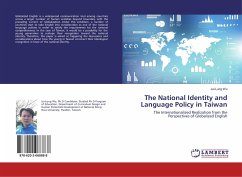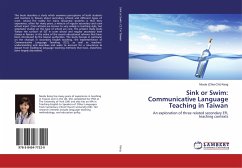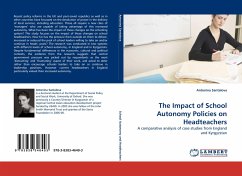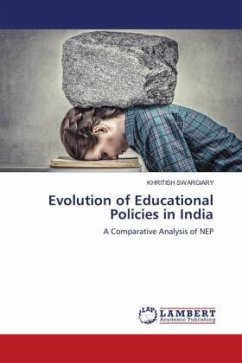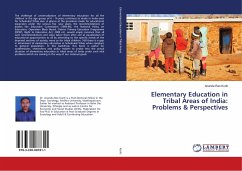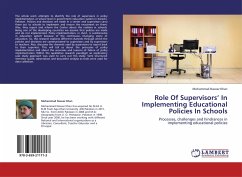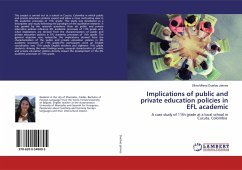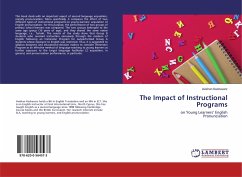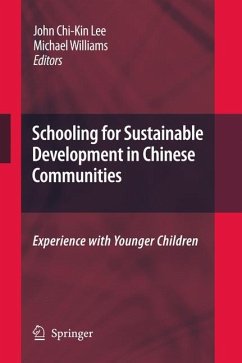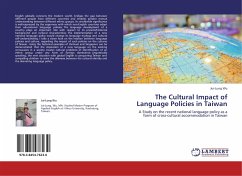
The Cultural Impact of Language Policies in Taiwan
A Study on the recent national language policy as a form of cross-cultural accommodation in Taiwan
Versandkostenfrei!
Versandfertig in 6-10 Tagen
32,99 €
inkl. MwSt.

PAYBACK Punkte
16 °P sammeln!
English globally connects the modern world, bridges the gap between different people from different countries and enables greater mutual understanding between different ethnic groups. Its worldwide significance is well-expressed by the eagerness with which non-English countries adapt their educational language policies. The language development of a country plays an important role with respect to its present/historical background and cultural characteristics. The implementation of a new national language policy would change its language ecology and cultural self-understanding. I take a closer ...
English globally connects the modern world, bridges the gap between different people from different countries and enables greater mutual understanding between different ethnic groups. Its worldwide significance is well-expressed by the eagerness with which non-English countries adapt their educational language policies. The language development of a country plays an important role with respect to its present/historical background and cultural characteristics. The implementation of a new national language policy would change its language ecology and cultural self-understanding. I take a closer look on the relation between language policies and culture, regarding the impact of such policies on the cultures of Taiwan. Using the historical examples of Vietnam and Singapore can be demonstrated that the imposition of a new language on the existing vernaculars in a society creates cultural problems of identification of an ethnic group under any form of foreign dominance. Linguistically speaking, the new situation with global English is conquering Taiwan and compelling children to solve the dilemma between the cultural identity and the alienating language policy.



